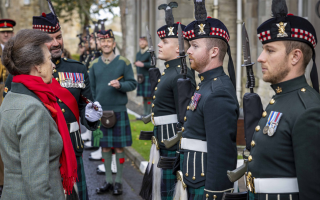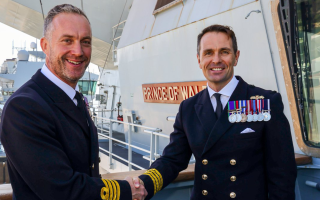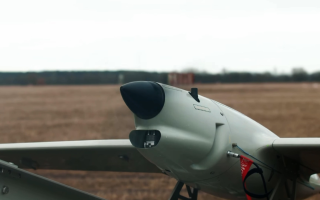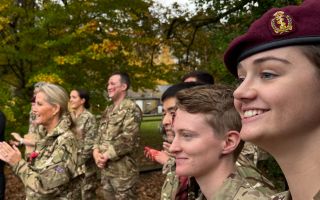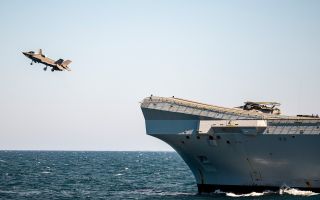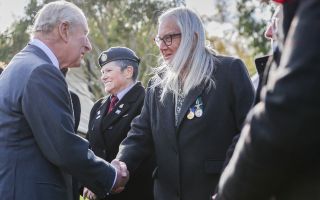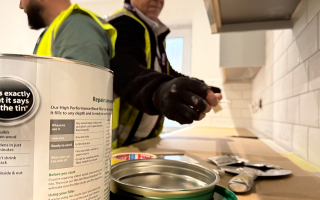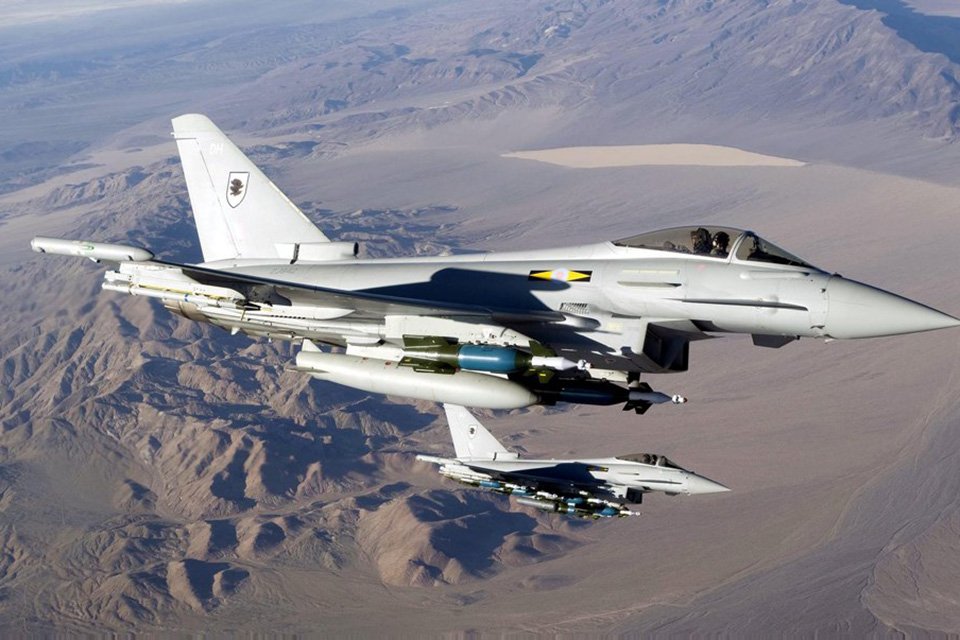
Tri-Service
RAF Airstrikes Support Fight To Free Fallujah From Daesh

British forces have carried out airstrikes in support of the Iraqi battle to free Fallujah from Daesh.
The Ministry of Defence said RAF aircraft attacked terrorist positions in the militant-held city on Monday as Iraqi Special Forces launched their first ground assault on the territory.
In an update on its continued airstrikes against Daesh, the MoD said Tornados, Typhoons and remotely-controlled Reapers also offered close air support to Iraqi troops in the days leading up to the battle.
Typhoon operations destroyed stockpiles of terrorist weapons, including a building north-west of Fallujah where a "large group of terrorists" had been reportedly preparing for a counter-attack.
The fighter aircraft also eliminated a group of suicide bombers who had been spotted north of Baghdad planning an attempted diversionary attack, the MoD said.
It comes after the coalition against Deash released new footage showing a US-led airstrike destroying an oil pump-jack held by the group.
Fallujah, 40 miles (65km) west of Baghdad, has been under Daesh control for more than two years and is the last major city in western Iraq still under control of the Sunni extremist group.
Iraqi troops first moved into the southern edges of the city on Monday with the help of the coalition air strikes and on Tuesday Iraqi forces repelled a four-hour attack in the Nuaimiya area.
Tunnels - similar to those found in other territory long held by the group - have already been discovered in the north-eastern outskirts of Fallujah.
A former UK special representative to Iraq, meanwhile, has warned it will not be possible to retake Fallujah "without fairly serious harm to the civilian population".
Sir Jeremy Greenstock, who held the post between 2003 and 2004, said "ruthless fighters" were prepared to use the civilian population as "human shields".
He stressed the need to remove Daesh from the area "if that is possible" by attracting the population's loyalty back to a united Iraq. Speaking on the BBC Radio 4 Today programme, Sir Jeremy said:
"Well, it's bound to be a very destructive campaign, there's no other way of entering a city like Fallujah that's guarded by pretty ruthless fighters who are prepared to use the civilian population as human shields. There's no way of retaking Fallujah by the Iraqi security forces without fairly serious harm to the civilian population, I'm afraid."
Caroline Gluck, from the UNHCR (UN Refugee Agency), said it was appealing to the government to try to ensure the safety of civilians, which was of "paramount concern". She said:
"They really are trapped between a rock and a hard place. They are under the control of extremist groups, they don't have freedom of movement and yet they can see that the city is coming under attack."
"We have heard reports from some of the families that they've been used as human shields, they've been forced to move with extremist forces from one location to another."

